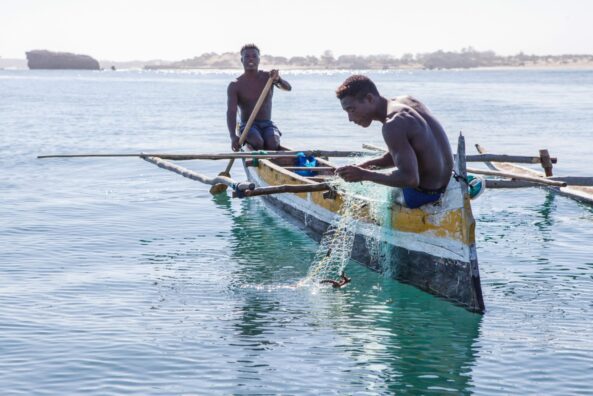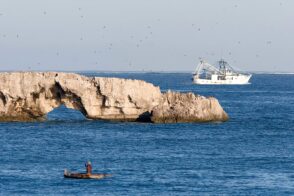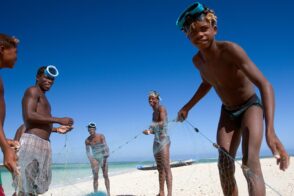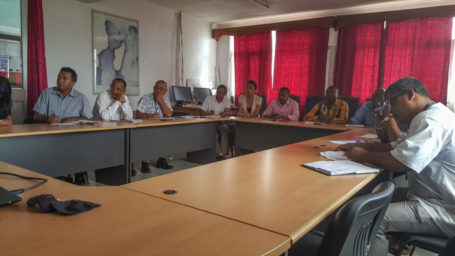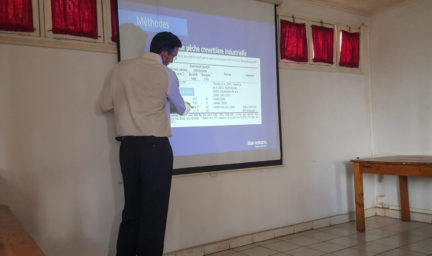Unreported Catches
The fisheries statistics supplied by countries to the FAO often under-report actual fisheries catches, typically due to national reporting systems failing to account for Illegal, Unreported and Unregulated (IUU) catches. This broad category often includes small-scale fisheries, a sector that use traditional fishing techniques and equipment mostly for subsistence or local markets.
Despite not existing at the the same scale of investment, profit, and technological advancement as commercial and industrial fisheries, small-scale fisheries are vitally important, supporting the livelihoods of at least 500 million people worldwide, the majority of which are in developing coastal states such as Madagascar.
Small-scale fisheries are often either underestimated or completely unreported in national fisheries statistics, leading to incomplete datasets and potentially dangerous overestimations of resource availability. Fisheries legislation, management plans, and foreign fishing access agreements are often influenced by these overestimations, and fishing practices and policies can be condoned that, in reality, are unsustainable for coastal populations and marine ecosystems.
Importance of Fisheries Reconstructions
A reconstruction of Madagascar’s fisheries catches completed in 2012 estimated that total catches from 1950-2008 were at least twice the volume reported by national fisheries agencies. Fisheries reconstructions draw on a range of historical and anecdotal information sources to estimate fish catch that might be missing from official data. In this way they can provide a more realistic representation of a country’s fisheries, producing data that are better placed to support fisheries management and policy making.
Importantly, much of the subsistence sector is missing from official statistics, and signs of decline have already been observed in several stocks, suggesting that current levels of catches are likely to be exceeding sustainable yields.
Updating the Madagascar Reconstruction
Working with colleagues at Madagascar’s Ministry of Fisheries and the Sea Around Us project, Blue Ventures’ policy team in Madagascar’s capital, Antananarivo, is supporting Ministerial staff to update the reconstruction to the present day.
Representatives of the Ministry of Fisheries, Fishery Surveillance Centre (CSP) and the OEPA (Economic Observatory of Fishing and Aquaculture) are being trained in the reconstruction methodology and processes, with the aim of developing extrapolation metrics that can be used for reconstructing catches in the future.
At the initial meeting and presentation of this initiative it was encouraging to see how engaged the representative parties were in the idea of the reconstruction, and how keen they were to aid in its implementation and progression.
This enthusiasm was exhibited in their willingness to tackle some of the key issues in our discussions, including how to estimate illegal fishing (especially that of foreign fishing vessels) and issues surrounding responsibility for the data management and processing in this collaboration. These are not simple issues to resolve, but working together in partnership allows us the best chance of producing robust reconstructions in which we can be confident for the future.
Ultimately this reconstruction process is intended to improve Madagascar’s understanding of its fisheries, and provide information that can be used for future decision making and sustainable policy development at all scales from national to community.


